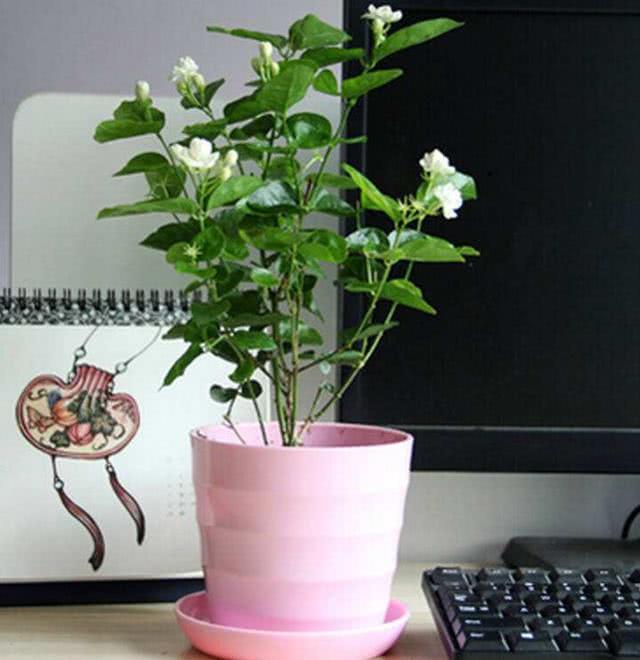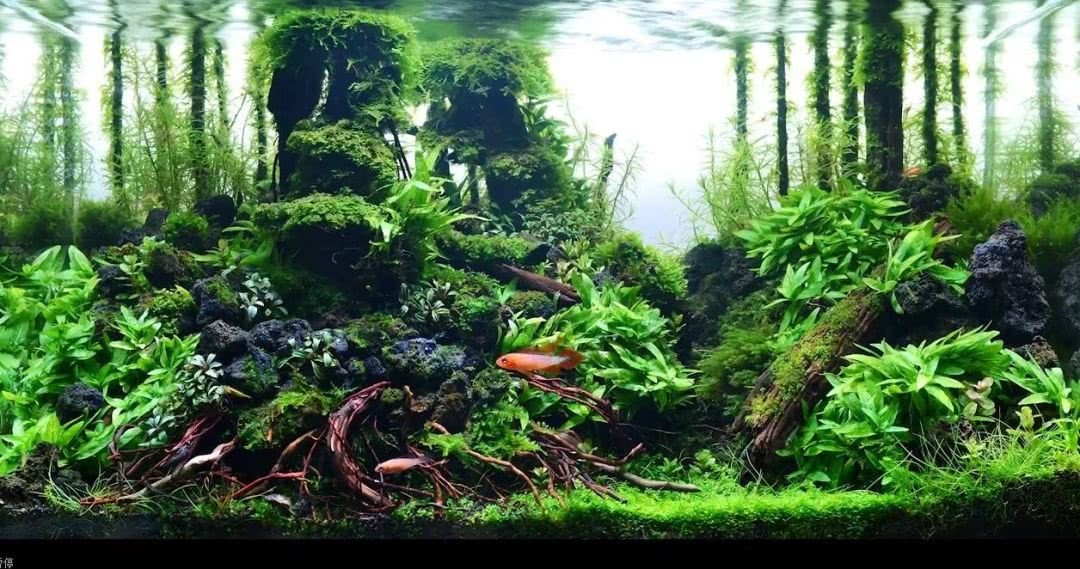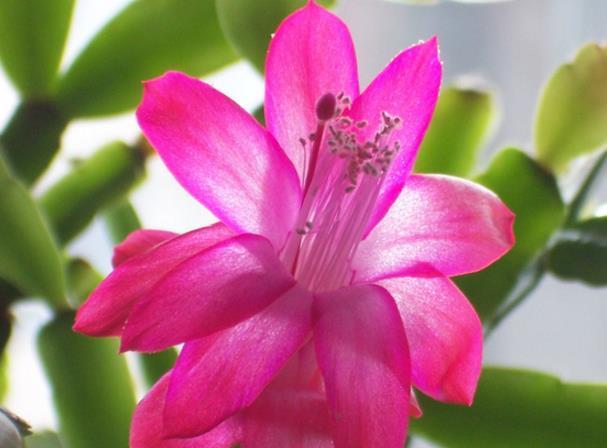What kind of soil is better to plant jasmine? What's the difference between home-grown jasmine and soil used in breeding bases?

The vitality of jasmine is very strong, the root system is also very developed, and the soil requirements are not strict. Some jasmine breeding bases can use garden soil directly to make the jasmine grow luxuriant and full of flowers and branches. Why do we suggest that loose and breathable garden soil be mixed with pine needles or other soils when we raise jasmine in our family? That is because the conditions for family breeding of jasmine are limited and cannot be compared with large-scale breeding and professional technology and equipment in the base.
If you are planting jasmine in the ground, you can also cultivate it directly with garden soil. If you loosen the soil regularly and apply fertilizer, you can also grow well. However, if the family breeds potted jasmine, it is recommended to choose relatively loose, fertile and well-drained soil to prevent soil consolidation caused by watering in the later stage of breeding.
Careful florists may find that most of the original pot jasmine we buy from the flower market are also cultivated in garden soil or laterite, but they can grow luxuriantly, but if you do not change the pot and soil for a long time after buying it home, it cannot grow very well, it is particularly easy to harden the soil, and the plant will grow weaker and weaker because the root system cannot breathe normally.
The main reason is that although garden soil pots are planted in the breeding base, they all use large-hole and simple plastic pots with good water permeability and air permeability. Large quantities of cultured jasmine are placed directly on the ground one by one, and when the roots grow vigorously, they will stick the roots on the ground through the flowerpots. Root system is the base of plant growth, root system is developed, plant growth is bound to be exuberant. And the breeding base is a unified scientific management, technical specialty. Watering, fertilization, temperature, humidity and pruning will all follow the corresponding professional procedures. Before listing, florists will directly shovel off the aboveground roots outside the pot and come out of the shed to sell in the flower market.
But our family breeds potted jasmine, all kinds of conditions can not be compared with the base. In addition, the garden soil is sticky and heavy, and the space in the basin is limited, so it is easy to cause soil consolidation and affect root respiration in the process of long-term wind, sun and watering. And the nutrition of the garden soil is limited, if it is not fertilized in time, it will also cause poor plant growth or only grow leaves without flowering. Therefore, it is necessary to choose loose and breathable garden soil mixed with pine needles or rotten leaf soil, plus a small amount of perlite or coarse sand soil, while giving adequate light and water and fertilizer supply, regular pruning. Jasmine likes slightly acidic soil and irrigates its roots with ferrous sulfate solution of 1VR 2000 once a month, which can effectively prevent soil alkalinization, enhance leaf photosynthesis, prevent iron deficiency leaf yellowing, and make jasmine grow luxuriantly and full of flowers.
- Prev

The height of "tranquil Shenmu" is 60 centimeters, but it produces an effect of 1.5 meters.
Quiet Kamiki ADA ranked 77th cylinder only 60cm, and it is no accident that the depth of field is very important from the composition, from the thick tree trunk in front to the dense jungle in the distance, from the flat prairie in front to the deep canyon in the distance.
- Next

Grandpa raised crab claw orchid and became fat in 20 days. Three tips of learning are more effective than fertilization.
Grandpa has no other hobbies, but he likes flowers and plants, such as green pineapple, hanging orchid, rich bamboo, longevity flower, crab claw orchid, gentleman orchid, money tree and fortune tree.
Related
- Wuhan Hospital Iron Tree Blooming Result Was Instantly Frightened by the Gardener Master
- Which variety of camellia is the most fragrant and best? Which one do you like best?
- What is the small blue coat, the breeding methods and matters needing attention of the succulent plant
- Dormancy time and maintenance management of succulent plants during dormancy
- Minas succulent how to raise, Minas succulent plant pictures
- What are the varieties of winter succulent plants
- How to raise succulent plants in twelve rolls? let's take a look at some experience of breeding twelve rolls.
- Attention should be paid to water control for succulent plants during dormant period (winter and summer)
- Watering experience of twelve rolls of succulent plants
- Techniques for fertilizing succulent plants. An article will let you know how to fertilize succulent plants.

